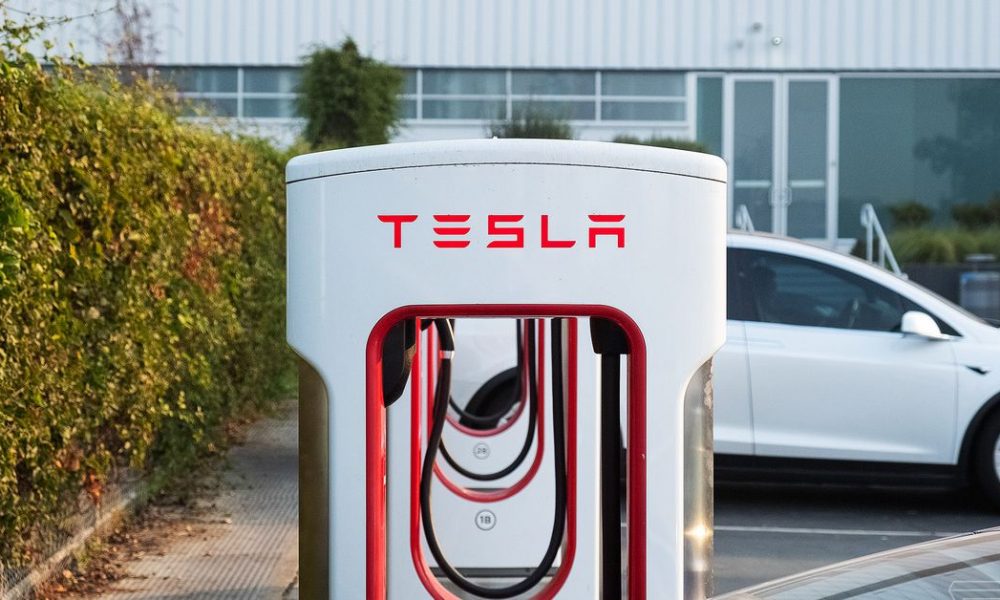Read The Full Article On: 247wallst
Tesla Inc. (NYSE: TSLA) shares are up by 678% this year, and its market cap has hit $580 billion, which makes it more valuable than Walmart. Each time the stock increases, so does the debate about its value. One well-regarded analyst who follows the car company has a target share price of $90, against its current $615. If Tesla’s stock dropped to this lower level, its market cap would dive by $500 billion.
Ryan Brinkman, an analyst at JPMorgan, has a simple argument about why Tesla is overpriced. He uses a discounted cash flow model to set his price target. Tesla is a car company, he argues, and not a tech company at all. While Tesla leads the electric car industry in revenue, almost every other huge car manufacturer in the world has started to chase it. Some already have electric cars in the market. If Tesla has a head start in product features and battery technology, it will not last.
The support for the theory is simple. Tesla’s unit sales are at a run rate of about 500,000 per year. Volkswagen, which tops the global car market, sells about 10 million cars and light trucks per year. While the growth of electric car sales has raced away from gasoline-powered cars, sales of cars with traditional engines still dominated the market by far.
Another strike against Tesla is that the choice for consumers is not just electric engines versus those that are gas-powered. Hybrid sales have become a large part of the global market. Hybrids give the buyer higher gas mileage, and “green” buyers get vehicles that are much better for the environment than those will gas engines.
While the current competition against Tesla is early, General Motors has its Bolt electric car in dealers and sales are small but brisk. At the high end of the market, the Porsche Tacan is considered a formidable competitor. Within two or three years, the market will be flooded with electric models from manufacturers with dealer networks all over the world.
Another hurdle Tesla faces is among the oldest in the car industry. Manufacturers turn to incentives to push inventory. Low-interest rates and cut prices may bring in buyers, but they hammer profit margins. Tesla, certain to find itself in this kind of sales market, will need to participate to keep unit sales rising. That, in turn, will be expensive for it.
Most analysts think Brinkman is wrong. However, “how wrong” is a reasonable basis for debate. Tesla’s software systems can be closely engineered by competition. So can its battery technology. As those things happen, what is left as an advantage?

